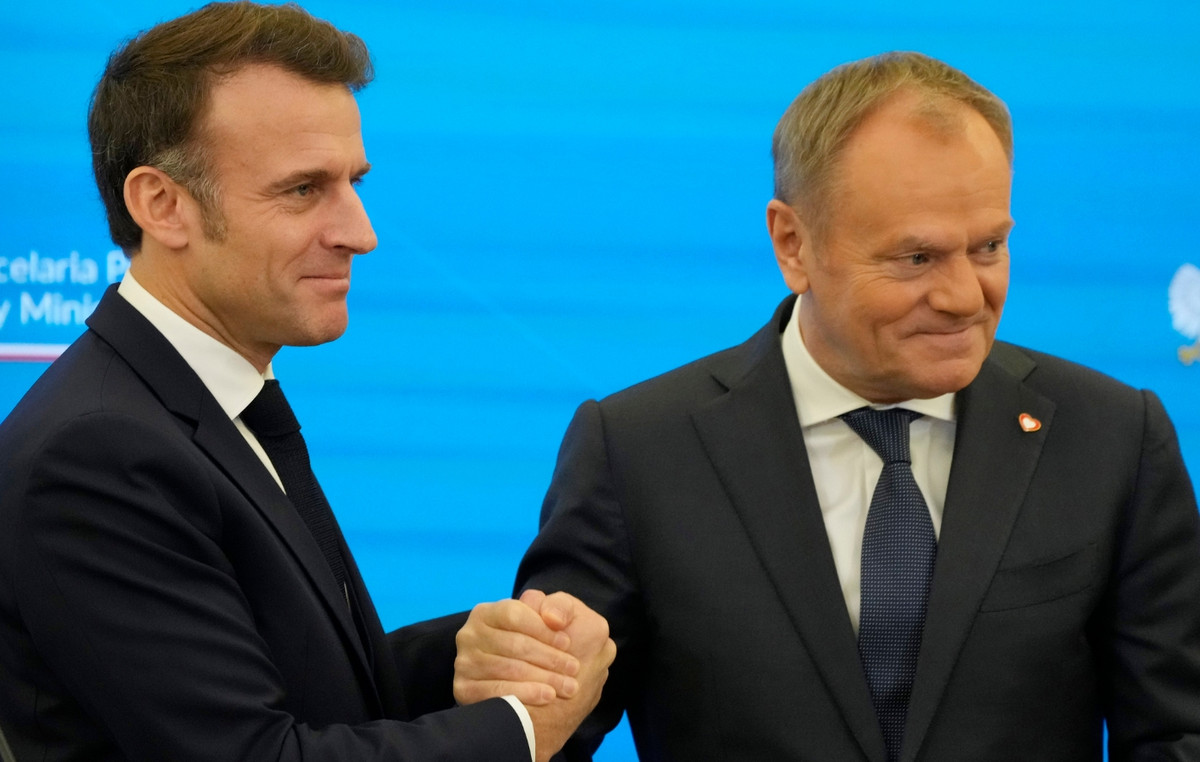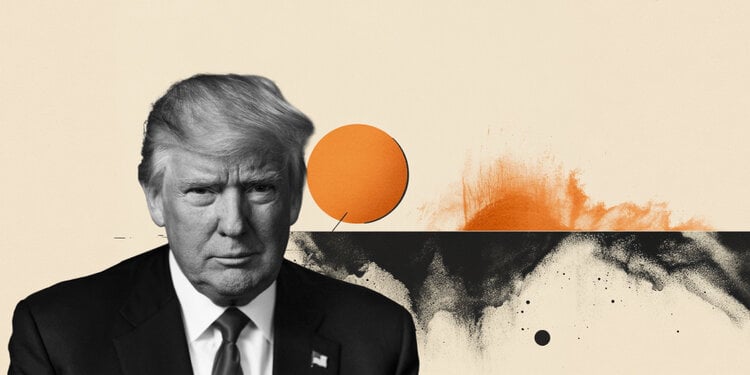North Korea laundered US$147.5 million (about R$754 million) through the virtual currency platform Tornado Cash in March, according to confidential work by UN sanctions monitors that Reuters news agency saw. access this Tuesday (14).
This would have happened after the robbery of a cryptocurrency exchange last year.
The monitors told the UN Security Council's sanctions committee in a document presented on Friday that they were investigating 97 alleged North Korean cyberattacks on cryptocurrency companies between 2017 and 2024, which would have moved around of US$3.6 billion (R$18 billion).
This includes an attack late last year in which R$754 million was stolen from the HTX cryptocurrency exchange before being laundered in March this year, according to investigators, with information from crypto analysis firm PeckShield and research firm Elliptic blockchain platform.
The authorities stated that they had discovered, in 2024 alone, “11 thefts of cryptocurrencies, valued at R$277 million”, adding that many of them “may have been carried out by IT employees [Tecnologia da informação] from DPRK [Coreia do Norte] inadvertently hired by small crypto-related companies.”
Experts pointed out that, according to UN member states and private companies, North Korean agents operating abroad generate “substantial income for the country”.
Formally known as the Democratic People's Republic of Korea (DPRK), North Korea has been subject to UN sanctions since 2006. These measures have been tightened over the years in an attempt to cut funding for its ballistic missile and nuclear programs.
North Korea's UN mission in New York did not immediately respond to a request for comment.
The US sanctioned the Tornado Cash platform in 2022, accusing it of supporting North Korea. Two of its co-founders were charged in 2023 with facilitating the money laundering of more than a billion dollars, including for a cybercrime group linked to North Korea.
Lawyers for Tornado Cash co-founder Roman Storm, who pleaded not guilty to U.S. charges in September, also did not return a request for comment.
Virtual currency “mixer” platforms
So-called virtual currency “mixer” platforms like Tornado Cash take many users’ cryptocurrencies and mix them to help hide the origin and owners of the funds.
UN sanctions monitors were disbanded at the end of April after Russia vetoed the annual renewal of their mandate. Some of the monitors presented unfinished work, which was shared with the council's North Korea sanctions committee on Friday.
Traditionally, sanctions monitor reports are first agreed upon by all eight members. Unfinished work submitted to the commission did not go through this process.
The investigators pointed out that they were investigating a February 6 report from the New York Times that said that Russia released R$46 million of the R$174 million in frozen North Korean assets.
This would have allowed Pyongyang to open a Russian bank account in South Ossetia so that it could gain better access to international banking networks.
Relationship between Russia and North Korea
The monitors also said that ships suspected of involvement in the arms trade between North Korea and Russia continued to make trips carrying containers between North Korea's port of Rajin and Russian ports, including Vladivostok and Vostochny.
Officials also highlighted that one ship in particular, called the Angara, had been in the Chinese port of Ningbo since February, where it could be undergoing maintenance. Reuters reported that China was authorizing the ship to dock.
Russia's UN mission in New York declined to comment on the monitors' work. China's UN mission did not immediately respond to a request for comment.
The US and other countries have accused North Korea of transferring weapons to Russia for use against Ukraine. Both Moscow and Pyongyang have denied the accusations but promised last year to deepen military relations.
In another report last month, UN sanctions monitors told the Security Council that debris from a missile that hit the Ukrainian city of Kharkiv on January 2 was from a North Korean Hwasong-11 series ballistic missile.
The UN Security Council banned North Korean exports, including coal, iron, lead, textiles and shellfish, and limited imports of crude oil and refined petroleum products.
“The DPRK and its enablers continue to evade sanctions through maritime means, including the DPRK's continued acquisition of ships, the import of refined petroleum, including through ship-to-ship transfer, and the export of coal,” the monitors wrote. .
Investigators also highlighted that they were looking into information from an unnamed member state about 208 voyages by North Korean cargo ships to unload coal in Chinese coastal waters, adding that it was likely the majority occurred through ship-to-ship transfers.
“Chinese Coast Guard vessels have been identified on several occasions in the vicinity of DPRK vessels suspected of unloading coal in Chinese waters,” they commented.
China's UN mission did not immediately respond to a request for comment.
Source: CNN Brasil
Bruce Belcher is a seasoned author with over 5 years of experience in world news. He writes for online news websites and provides in-depth analysis on the world stock market. Bruce is known for his insightful perspectives and commitment to keeping the public informed.







